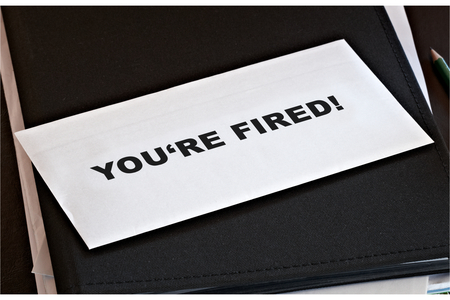DC federal court proposes elimination of reciprocity rule
Washington, D.C., federal courts have taken the first step towards liberalizing their rules governing out-of-town lawyers and whether or not they can practice law in the nation’s capital.
According to Sheldon Snook, a spokesperson for the U.S. District Court for the District of Columbia, the court will formally propose new rules to its civil and criminal practice rules later this week. The new rules will allow any lawyer in good standing and admitted to practice law before his or her state’s highest court to be admitted on motion to practice law in D.C.
Previously, D.C. federal courts would only grant admissions on motion to lawyers who come from a state that has a federal district court which provides reciprocal admission to D.C.-admitted attorneys. According to Snook, the reciprocity requirement has been eliminated in the proposed new rules (PDF).
The new rules, if adopted, would render moot a lawsuit filed in December by the National Association for the Advancement of Multijurisdiction Practice. The suit challenged D.C.’s reciprocity requirement as unconstitutional and argued that experienced attorneys should not have to take additional bar exams every time they wish to practice in a different state.
Joseph Robert Giannini, a director with the NAAMJP who is lead attorney on the lawsuit, told ABA Journal that he was pleased with the D.C. court’s decision to open up its admission standards. “The Court’s agreeing to open up its general admission door to all out-of-state attorneys is consistent with the highest and most honored mutually reinforcing traditions of the bench and bar,” Giannini said in an email. “But the majority of the U.S. District Court Local Rules that continue to categorically exclude all out-of-state licensed attorneys from general admission privileges remain plainly unlawful.”
According to Snook, the new rules will be subject to a 45-day notice and comment period.



